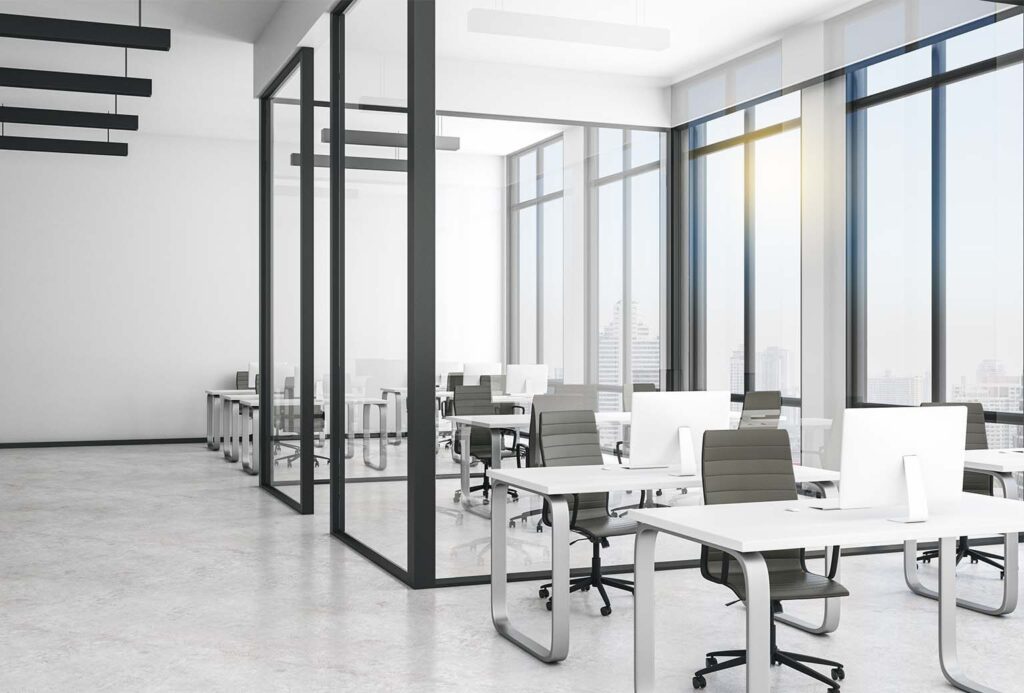In the dynamic landscape of office design and functionality, the Philippines has witnessed a remarkable evolution in its approach to office furniture. From traditional setups to modern, ergonomic designs, the journey reflects not only changing trends but also a deeper understanding of the role furniture plays in enhancing productivity and well-being in the workplace.
Office Furniture:
Historically, Philippine office spaces were characterized by conventional furniture arrangements, often favoring aesthetics over functionality. Heavy wooden desks, bulky chairs, and imposing cabinets dominated the scene office furniture. While these pieces exuded a sense of authority and permanence, they often lacked the adaptability needed for the evolving demands of modern work culture.
Embracing Ergonomics:
The turn of the 21st century marked a significant shift towards ergonomic designs. Recognizing the importance of employee health and comfort, businesses began investing in furniture that prioritized ergonomics. Adjustable chairs, sit-stand desks, and ergonomic keyboards became staples in offices across the country.
This shift wasn’t just about following global trends; it was a reflection of the growing awareness of the link between employee well-being and productivity. Employers understood that investing in ergonomic furniture wasn’t just a perk but a strategic decision to improve employee satisfaction and performance.
Counter Table:
As the concept of remote work gained traction, flexibility became paramount in office furniture design. Companies sought furniture that could seamlessly transition between traditional office setups and home workspaces. Modular furniture systems emerged as a solution, offering versatility and adaptability to changing needs.
In the Philippines, where remote work became more prevalent due to factors such as traffic congestion and urbanization, the demand for flexible furniture skyrocketed counter table. Pieces that could be easily reconfigured to suit different tasks and environments became highly sought after.
Fusion of Style and Functionality:
While functionality remains a key consideration, there has been a noticeable shift towards incorporating style and aesthetics into office furniture design. Filipino businesses have embraced the idea that a visually appealing workspace can enhance creativity and foster a positive company culture.
Local designers and manufacturers have been at the forefront of this trend, infusing Filipino craftsmanship and cultural influences into contemporary office furniture. From sleek, minimalist designs to pieces inspired by indigenous materials and motifs, Filipino-made furniture offers a unique blend of style and functionality.
Filing Cabinet:
In recent years, sustainability has emerged as a driving force in the office furniture industry. With growing concerns about environmental impact and resource depletion, businesses are seeking eco-friendly alternatives to traditional furniture materials.
In the Philippines, where environmental issues such as deforestation and waste management are pressing concerns, the demand for sustainable office furniture has grown significantly filing cabinet. Companies are opting for products made from recycled materials, responsibly sourced wood, and low-emission finishes.
Future Trends:
Looking ahead, the future of office furniture in the Philippines is likely to be shaped by several key trends. One such trend is the integration of technology into furniture design, with features such as wireless charging pads and built-in connectivity becoming standard.
Another emerging trend is the emphasis on wellness-centric design, with furniture that promotes movement, mindfulness, and relaxation. As companies prioritize employee health and well-being, expect to see more ergonomic innovations and biophilic design elements in office spaces.
Additionally, the demand for sustainable furniture is expected to continue growing, driving further innovation in materials and manufacturing processes. From carbon-neutral production methods to circular economy initiatives, sustainability will remain a key focus for both businesses and consumers.
In conclusion, the evolution of office furniture in the Philippines reflects not only changing trends but also a deeper understanding of the importance of creating functional, ergonomic, and sustainable workspaces. As businesses adapt to new ways of working and prioritize employee well-being, expect to see continued innovation and creativity in office furniture design. From traditional roots to future-forward trends, Filipino workplaces are poised to embrace the next chapter in the evolution of office furniture.
